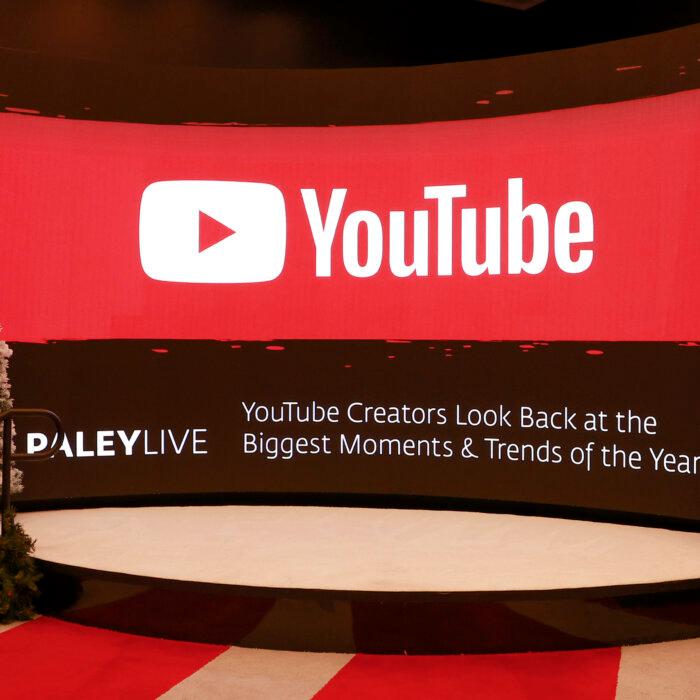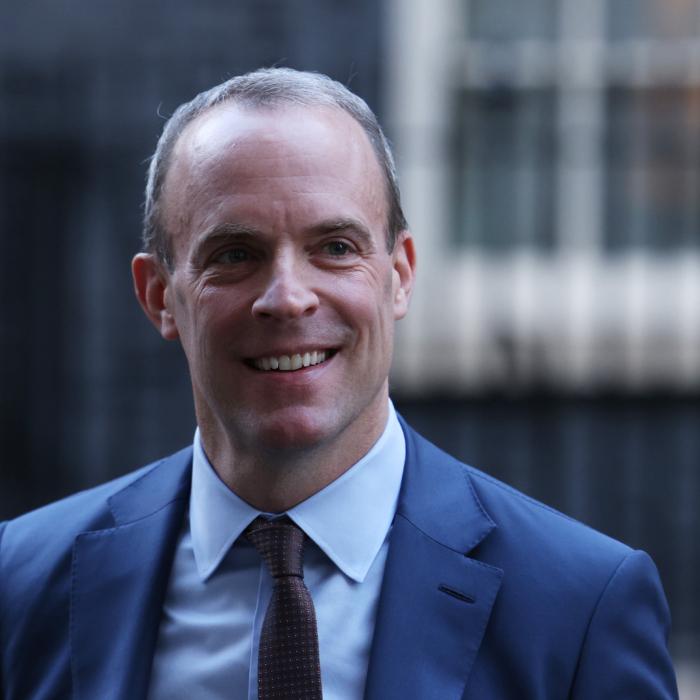Creators and distributors of sexually explicit “deepfake” images could face up to two years behind bars under government plans.
A broad package of measures, announced by the Ministry of Justice on Tuesday, includes new offences for taking an intimate image without consent and installing equipment to enable these offences.
“Deepfakes” are explicit images or videos that have been manipulated to look like someone without their consent.
The proliferation of these hyper-realistic images has grown at an alarming rate, the government warned. The impact on victims, particularly women and girls who are often the target, is “devastating,” it said in a statement.
Victims minister Alex Davies-Jones said the new legislation will help prevent people being victimised online.
“It is unacceptable that one in three women have been victims of online abuse. This demeaning and disgusting form of chauvinism must not become normalised, and as part of our Plan for Change we are bearing down on violence against women – whatever form it takes,” she said.
Under the proposed legislation, anyone who creates a sexually explicit deepfake without consent will face up to two years in jail. The government will also criminalise those who install or adapt, prepare, or maintain equipment with the intent of taking an intimate image without consent.
Campaigner and presenter Jess Davies has described intimate-image abuse as a “national emergency.”
“Women should not have to accept sexual harassment and abuse as a normal part of their online lives, we need urgent action and legislation to better protect women and girls from the mammoth scale of misogyny they are experiencing online,” she said.
‘Deepfake’ Use
Sharing or a threat to share an intimate image without consent is illegal in the UK under the Sexual Offences Act 2003, following amendments that were made in the Online Safety Act 2023.The law applies only in certain circumstances, such as upskirting, while new proposals will widen the scope to include any non-consensual intimate image abuse.
The new offences will include recording an intimate photograph or film without consent, with intent to cause alarm, distress, or humiliation, as well as for the purpose of the sexual gratification.
It was reported recently that technology is being created that would allow so-called camgirls to interact with paying customers while their faces are replaced by those of a celebrity.
Timeline for Legislation
The new offences will be part of the government’s Crime and Policing Bill, set to be introduced by Labour. The government said it will share further details on its proposals “in due course.”Responding to the announcement, the End Violence Against Women Coalition (EVAW) said the timeline and details about the new law “will be crucial to how effective it is.”
“The government must make good on its commitments to survivors – delaying action will only put women and girls in harm’s way,” said Rebecca Hitchen, head of policy and campaigns at the EVAW.
“We await confirmation that any new law criminalising the creation of sexually explicit deepfakes will be based on consent rather than the perpetrator’s intent, cover solicitation of image creation (as well as the creation itself), and be listed as a priority offence in the Online Safety Act,” she said in a statement.







